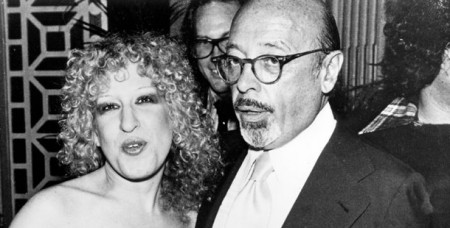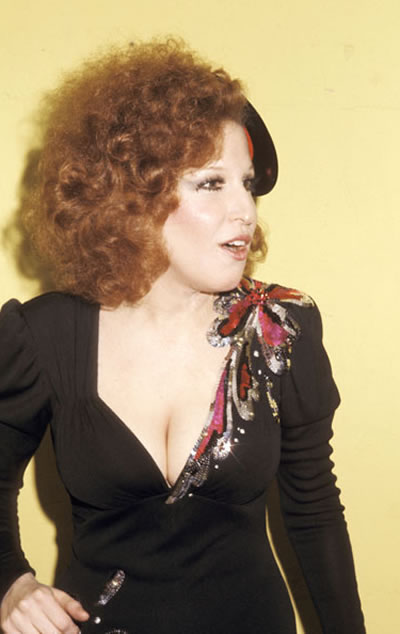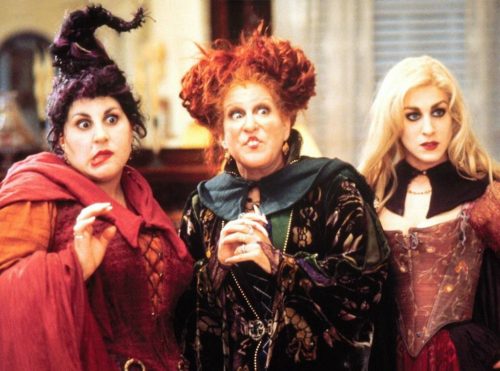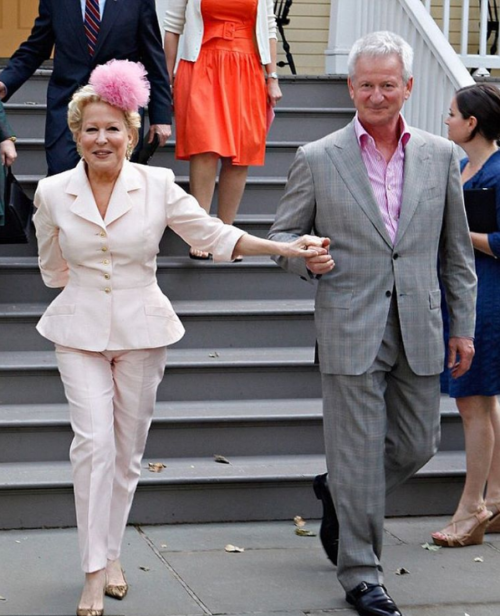
The Hollywood Reporter
Arif Mardin’s Son Talks About the Grammy-Nominated Doc ‘Greatest Ears In Town’
2:06 PM 12/3/2010 by Shirley Halperin
With the 2006 passing of Arif Mardin came the end of an era — gone were the days of the in-house producer (Mardin relished in that title, one of several he held during his three decades at Atlantic Records, then at Blue Note-Manhattan in the last years of his life), the analog recording process, and, some might argue, the craft of a true vocal performance.
Indeed, when it came to singers, Arif Mardin, who produced award-winning albums for the likes of the Bee Gees, Bette Midler, Carly Simon, and Norah Jones, was known to have the Greatest Ears in Town, an apt title for the Grammy-nominated documentary chronicling the final months of his life, when he undertook one of the most ambitious projects of his 50-year career, All My Friends Are Here, his first “solo album” since 1974’s Journey.
Of course, Mardin was rarely alone, not in the studio and certainly not in life, where, before he succumbed to pancreatic cancer, he was married for nearly 50 years and had two children, including son Joe, his “right hand” on the ambitious undertaking. Gathering music luminaries like George Martin, Midler, Barry Gibb and Carly Simon was no small feat, but given the chance to shower praise on the man who helped define the sounds of the ’60s (The Rascals’ “Good Lovin’”), the ’70s (Simon’s “You Belong To Me”), the ’80s (Chaka Khan’s “I Feel For You”), the ’90s (Jewel) and beyond (Jones), dozens of artists representing every genre showed to pay respect by performing 13 of Mardin’s original tunes.
The resulting documentary, which was screened for Grammy members over the summer and fall and may roll out a limited theatrical release in the coming months, is nothing short of extraordinary. Filming started three months before Mardin’s eventual death and didn’t wrap until well over three years after his passing. Now competing for the best long form video Grammy against a diverse group of artists including The White Stripes and The Doors, it’s a film and a man whose time has come. The Hollywood Reporter spoke to Arif Mardin’s son Joe Mardin, who co-produced Friends and shepherded the documentary, which will be released on DVD next year, to completion.
THR: It seemed your father was in good spirits during filming, but it must have been so difficult to work on the album while he was undergoing such intense cancer treatment.
Mardin: It was tough. He was diagnosed in early 2005, and for the first few months, he wasn’t really working , he was just going through the chemo. Then toward the end of that year, we recorded the first track, “So Blue,” which Chaka ended up singing. So we didn’t start immediately, but once we did, he was almost always there. This was his third solo record, not a tribute. We didn’t start shooting until March 2006, that was three months before he passed away. You can see in the studio he’s having a great time. He doesn’t look healthy, but he’s animated. He loved being in the studio, I think it’s what kept him going for so long.
THR: In the film, you’re at his side for all of the recording sessions ”¦
Mardin: It was an honor to be his right hand, and there was a bit of a passing of the torch because the album was about 85% finished when he passed away, so I had this very heavy task of completing it, but the blueprints were there and we’d had a lot of discussions where I knew what he wanted. I just had the honor with a heavy heart, because it struck me as so unfair that he didn’t get to finish this project.
THR: People often associate your father with jazz music, but he made an impact on the pop and rock worlds, too.
Mardin: He used to say, “I got bitten by the pop bug with the Rascals.” I think in the ’50s, he was a real modernist. When he got to Atlantic and started to see how pop records are made, he brought grand horizons to the Rascals in his abilities to deal with orchestration. With his classical and jazz background, it made him a unique figure in pop music, because outside of Quincy Jones and George Martin, few were really the conservatory type with love of serious jazz music.
“My father would just say, ‘I love this woman’s voice, she plays fabulous piano, let’s see what happens.’ It was like any other project.” –Joe Mardin on Norah Jones’ breakout album
THR: As recording evolved over the years and became more digital, did he welcome new technology or fight it?
Mardin: He always embraced new technology, whether it was in the early ’70s with the Bee Gees when they were using the first drum machines and synthesizers, like on “Jive Talking,” through the early days of sampling, like in Chaka Khan’s “I Feel For You.” And ProTools in the end; he was using it as a creative tool, not allowing it to dictate how you make records, but using it to come up with new ideas.
THR: One of the fascinating aspects to your father’s story and the music business in general, is the Turkish connection. Your family has roots in Turkey, as did the Ertegun brothers, did they know each other from the Istanbul music scene?
Mardin: There wasn’t that much of an Ertegun connection. Nesuhi Ertegun hired my father to work at Atlantic, but they had met at the Newport Jazz Festival and he came across my father’s music at the Lennox School of Jazz. He didn’t know Ahmet and Nesuhi before coming to America, so I don’t think it had much of a anything to do with being Turkish, but it was really very fortunate that Dizzy Gillespie and Quincy Jones were on this State Department-sponsored tour through the Middle East, Israel and Turkey in the ’50s because that’s how it all came about. The circumstances were extraordinary.
THR: Late in Arif’s career, he had one of his biggest successes with Norah Jones, who won eight Grammys in 2003 for Come Away With Me. As he was making that album, did he have any idea it would be the runaway success that it was?
Mardin: Nobody expected that it was going to be the blockbuster that it was, but I certainly remember listening to it and saying to my father, “This record will be successful.” It was clear that it would be the kind of record you’d hear in peoples’ homes, boutiques, and restaurants ”¦ you just knew that this fabulous voice was going to permeate the culture in a certain way. My father would just say, “I love this woman’s voice, she plays fabulous piano, let’s see what happens.” It was like any other project.
THR: After Arif died, did you take a break from the album?
Mardin: We had a session scheduled with Daryl Hall the day after my dad died, and I remember asking my mother, “Should I postpone?” And she said no, he would have wanted you to record and you really should. That kind of set the tone.
THR: What comes next for the film?
Mardin: We have some distributors who are interested and next year it will definitely be out, at the very least on DVD, but we’re hoping beyond that for a small theatrical run, maybe some television. It’s been a learning curve for me, coming into the film/television/video-on-demand industry.
THR: And will you be managing the estate from here on out?
Mardin: My mother and I, yes. I always knew I would be the caretaker of his legacy. I’m dealing with the business opportunities that are presenting themselves. We’re going to do a publishing deal for his pieces, we’re still doing some screenings for the film, I’m getting calls about producing. Gradually, I’m trying to finish this chapter of my life with this project and looking forward to the release of the film next year and all the hooplah that will hopefully go with it.







